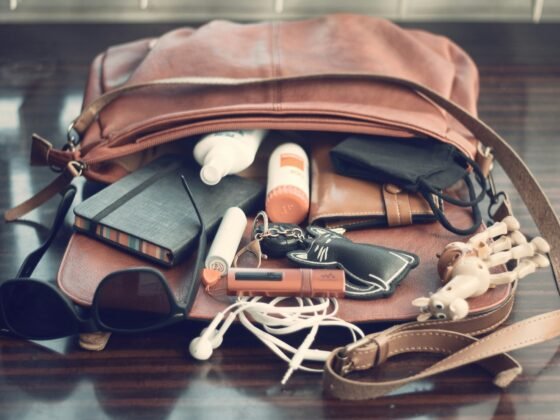Having a fun and exciting job like being a voiceover actor can have you feeling like you are on a permanent holiday. You get to record your gigs and spend a lot of time doing other things that you love, but you still need that holiday. The great thing about being a voiceover artist is that your voice is your major asset, and you always have it with you. So whether you are at home or on holiday, you can always offer your services to your clients.
The nature of the job makes it so when you travel with your recording equipment (laptop, microphone, headphones) it allows you to set up shop wherever you go. But setting up while away from home or on holiday can be similar to starting your voice over career on a budget. There are many options that you can consider when selecting which tools you need to record quality voiceovers away from home.
In this article, we are going to discuss some tips that you might need if you to record quality voiceovers on holiday.
Things to Consider
-
Going for a holiday will most likely involve travelling, so you might want to stick to the most important studio gear. The last thing you want is your studio gear taking up all the available space. You should consider purchasing shorter cables, and practical ways to protect your equipment without eating up space. If you are taking a flight to your holiday destination, try as much as possible to fit your gear in a carry-on bag so you can have them with you. A lot of things can go wrong with luggage at the airport.
-
Depending on how often you travel, the entire travel experience can take a toll on your studio gear – no thanks to bumps, and transitioning from one means of transportation to the other as you navigate busy cities. So you might want to have a different setup for travel, maybe inexpensive gear that won’t hurt much if you lose them.
-
You need to prepare for emergencies. For instance, you need internet access to work on holiday. So you should have a backup plan if it turns out that your hotel or Airbnb has poor internet service. A solution is to make use of your phones data via hotspot. Another solution is to locate nearby cafes and restaurants with free Wi-Fi before you leave.
Equipment to include in your travel bag
Microphone
If you already use a professional microphone in your home studio, you might want to consider a smaller microphone such as the Apogee MiC 96k to take with you in your travel bag. It is easy to travel with and the best part is that it uses USB connectivity. This means that you do not need an audio interface.
Laptop
This is one of the reasons why every voice over artist should own a laptop, especially if you are going to be travelling from time to time. A laptop or tablet with recording and editing software installed will do just fine. However, laptops with SSD are better because they are faster and quieter due to the absence of a fan, which can create noise in your recording.
Other things to include
Your mic stand (if it can fit), a surge protector with multiple adapters and an extension cord. If you are worried about reverb, stack up the pillows in front of you then cover your head with the blanket. This should absorb most of the sound. If you need more tips or you want to learn how to push your voice over career forward, visit voquent.com











